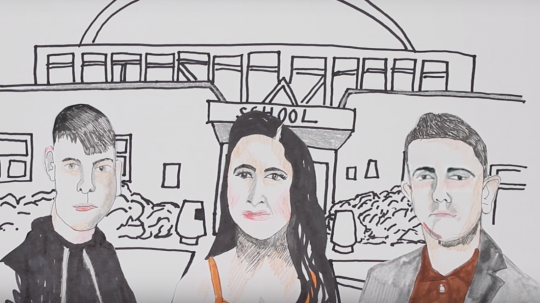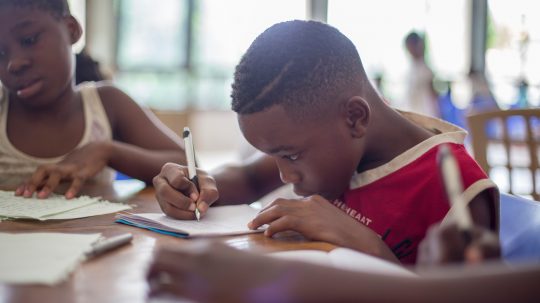School pupils who lack internet access risk falling behind in their studies as classwork goes online amid the coronavirus outbreak, charities have warned.
Race equality campaigners and leading academics have issued an open letter to the government urging it to ensure the education of children from disadvantaged backgrounds does not “slip through the cracks”.
The letter warns that children from Gypsy, Roma and Irish Traveller (GRT) backgrounds “will be especially disadvantaged”. An estimated 3,000 families currently live roadside with limited access to water, sanitation and other amenities according the Advisory Council for the Education of Romany and other Travellers (Acert).
Gypsy, Roma & Traveller kids should not miss out on their education due to #digitalexclusion. View our letter, with race equality orgs & @ACERT_UK to Education Sec @GavinWilliamson here. https://t.co/23OmUotCBm @IYFUK @APPGGTR, @IrelandEmbGB, @GoodLawProject @ChildrensComm pic.twitter.com/evyNWI4z42
— The Traveller Movement (@GypsyTravellerM) April 7, 2020
The government issued guidance to schools after they were closed last month to slow the spread of Covid-19. It covers issues including what happens to children eligible for free schools meals and how grades will be calculated following exam cancellations.
Campaigners are concerned the guidance does not explicitly reference pupils with limited or no digital access.
A lack of national policy means home education provision varies from school to school – with most relying on families downloading their children’s work from online learning platforms, the letter said.
Pauline Anderson, chairwoman of the charity the Traveller Movement, said: “It is crucial that [GRT] pupils who are already disadvantaged in their education are not further marginalised under Covid-19 measures.
“Digital platforms are only as useful as they are accessible. If children and their families cannot get online, they risk missing out on their education altogether. This is unacceptable.”
Children from GRT backgrounds, among others, also face the additional challenge that their parents may face language barriers, literacy issues and have poor access to educational resources.
The letter calls on the Department for Education to work with schools and internet providers to install broadband in pupils’ homes and to loan them computers and other devices.
Lisa Smith, chair woman of charity Advisory Council for the Education of Romany and other Travellers (Acert), said: “[GRT] school children already face a barrage of inequalities in their education.
“They have the highest rates of school exclusion, the poorest outcomes and are least likely to leave school with formal qualifications. Covid-19 will further entrench these inequalities unless the Department steps up and provides additional resources.”
The DfE has been contacted for comment.





